Britain & Ireland 1901-present
War and conflict, technology, illness and medicine and the battle for civil and national rights have all been key elements of the 20th century through to today, thus, all of those themes and many more are explored in this section. Underpinning many of these articles and included here are articles exploring pedagogical issues, managing knowledge and transferring knowledge. Read more
Sort by:
Date (Newest first) | Title A-Z
Show:
All |
Articles |
Podcasts |
Multipage Articles
-

Do Gypsy, Roma and Traveller children see themselves in your history classroom?
Multipage ArticleClick to view -

Film: “The Talk Should Not Be Broadcast”: Homosexuality and the BBC before 1967
ArticleClick to view -

Secondary Education and Social Change in the UK since 1945: KS3 resource packs
Multipage ArticleClick to view -

Bringing school into the classroom
ArticleClick to view -

Teaching Britain’s ‘civil rights’ history
ArticleClick to view -

Film: The Quest for the Lost of the First World War
ArticleClick to view -
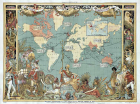
What Have Historians Been Arguing About... the impact of the British Empire on Britain?
ArticleClick to view -

Diversifying the curriculum: one department’s holistic approach
ArticleClick to view -

Decolonise, don’t diversify: enabling a paradigm shift in the KS3 history curriculum
ArticleClick to view -

Putting black into the Union Jack: weaving Black history into the Year 7 to 9 curriculum
ArticleClick to view -
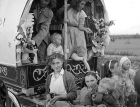
Teaching Gypsy, Roma and Traveller history
ArticleClick to view -
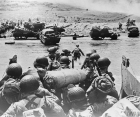
Recorded webinar: Untold Stories of D-Day
ArticleClick to view -

Census 2021: using the census in the history classroom
ArticleClick to view -

Why does anyone do anything? Attempts to improve agentive explanations with Year 12
ArticleClick to view -
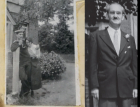
Teaching Year 9 to argue like cultural historians
ArticleClick to view -
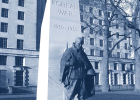
Exploring and Teaching the Korean War
Multipage ArticleClick to view -

VE Day: free home learning resource
5th May 2020Click to view -
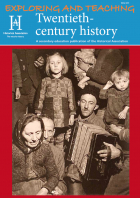
Exploring and Teaching Twentieth-Century History
ArticleClick to view -
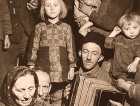
Teaching 20th-Century History Resources
ArticleClick to view -

Modelling the discipline
ArticleClick to view

